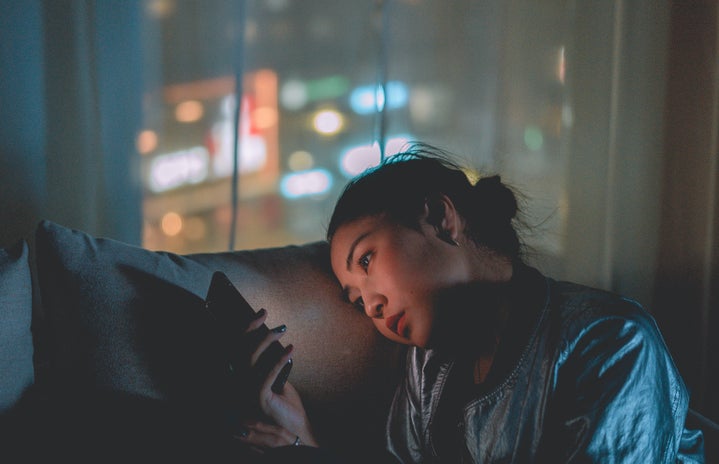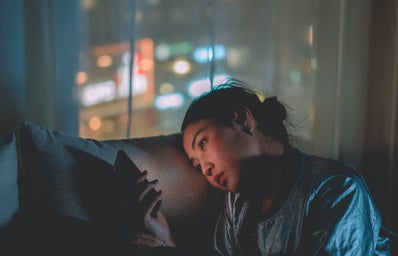Mental health was not a topic for conversation like it is today. People are becoming more aware of what mental health is and how important it actually is. Social media has been a big part of that change with everyone being able to say how they feel. During the pandemic, social media was the one of the ways people could communicate without exposure. According to the World Health Organization anxiety and depression have increased by twenty-five percent since the COVID-19 pandemic. Social media became a safe place for people to express their feelings about their own mental health even while staying six feet apart.
What has this turned into today?
Even though social media gave mental health a platform, it easily became the reason some associate themselves with anxiety and depression. The likes, tweets and shares have become an addictive numbers game. The false reality that is painted on social media makes people wonder what they are doing wrong in their lives and why it does not look like someone else’s. Imposter syndrome is another factor that is contributed from social media. Imposter syndrome is defined as doubting yourself and feeling like a fraud. Students tend to feel this way through college as it is the time to find themselves. Self-esteem is starting to lower in younger ages due to social media.
On TikTok, users are calling out influencers for painting such false realities and telling followers what it’s like in the “real” world. Influencers have become tone deaf in what they post, which is why followers have a hard time liking them. Instagram is a platform that paints a fake image of celebrities and influencers for people to buy. Instagram has become a gateway of poor self-reflection due to the filters and photoshop that is used. Deflecting what one has in life to gain what someone else has is what people are doing today.
How is it changing?
With awareness on mental health in social media taking control other influencers are using their platform to show the realness of it all. Mary Skinner, @maryjskinner, did not see herself as an influence till she saw what an impact talking about her mental health did. Skinner talks about bipolar, depression and anxiety, the ups and downs that she deals with. These platforms are spreading knowledge and sharing experiences of what people are going through. Sammy Camp, @sammycamp, is a mental health advocate that talks about what depression looks like and what are the ways to keep pushing through rough patches.
Even though social media can have a dark side it has brought a lot of people together and connected people in many ways. It’s best to not let your mental health fall through due to social media. In the end, it’s all fake and you are real.


